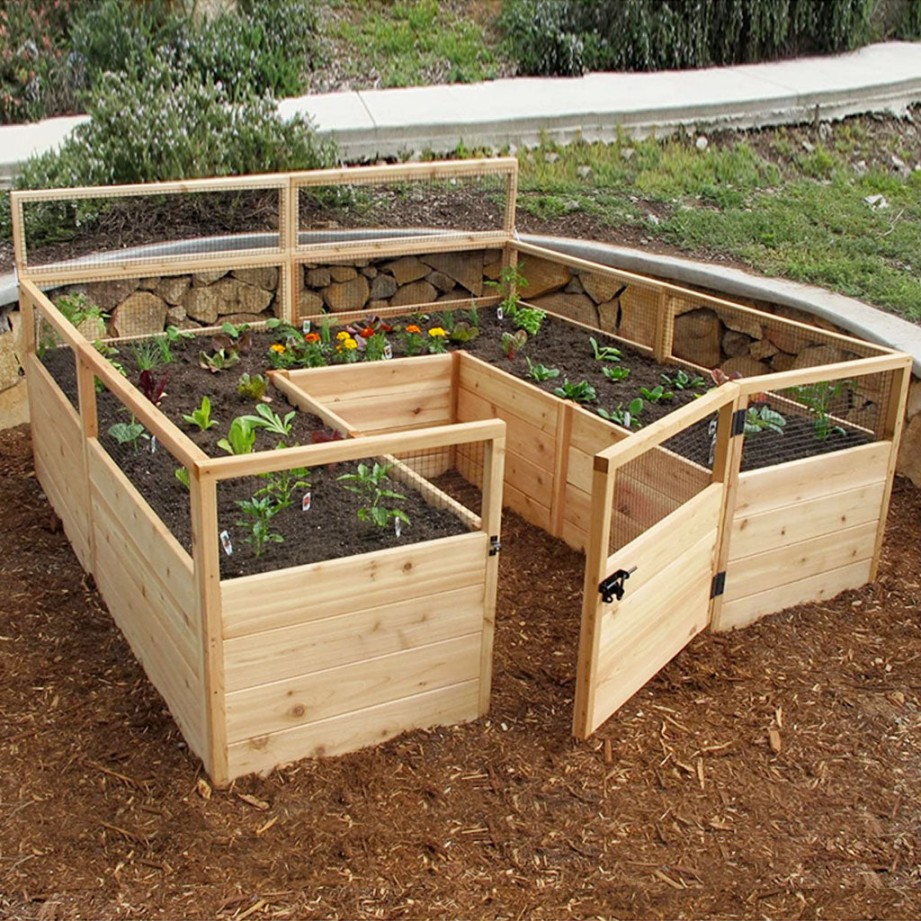Garden Boxes: A Versatile Solution for Urban Gardening
Garden boxes, also known as raised bed gardens, are popular gardening solutions that offer numerous benefits, especially for urban dwellers with limited outdoor space. They provide a well-defined growing area, allowing gardeners to maximize their space and control the soil quality.

Benefits of Garden Boxes
Improved Soil Quality: Garden boxes allow for the creation of custom soil mixes tailored to specific plant needs. This helps maintain optimal soil conditions, promoting healthy plant growth.
Enhanced Drainage: Raised beds improve drainage, preventing waterlogging and root rot, particularly in areas with heavy clay soil.
Weed Control: Garden boxes create a physical barrier between the garden and surrounding weeds, reducing the need for constant weeding.
Pest Prevention: Raised beds can deter pests like slugs and snails, which often congregate at ground level.
Accessibility: Garden boxes can be raised to a comfortable height, making gardening more accessible for people with limited mobility.

Types of Garden Boxes
Garden boxes come in various shapes, sizes, and materials. Some popular types include:
Wooden Garden Boxes: These are classic and aesthetically pleasing. They can be constructed from various types of wood, including cedar, redwood, and pressure-treated lumber.
Metal Garden Boxes: Metal boxes, often made of galvanized steel or aluminum, are durable and long-lasting. They are resistant to rot and insect damage.
Plastic Garden Boxes: Plastic garden boxes are lightweight and easy to assemble. They are available in a variety of sizes and colors.
Choosing the Right Garden Box
When selecting a garden box, consider the following factors:
Space: Determine the available space in your garden or on your balcony.
Plant Selection: Choose a box size that accommodates your desired plants.
Material: Select a material that suits your preferences and local climate.
Drainage: Ensure the box has adequate drainage holes to prevent waterlogging.
Creating a Successful Garden Box
To maximize the potential of your garden box, follow these tips:
Prepare the Soil: Fill the box with a high-quality potting mix or create a custom soil blend.
Plant Selection: Choose plants that are well-suited to your climate and growing conditions.
Watering: Water your plants regularly, especially during dry periods.
Fertilizing: Apply a balanced fertilizer to provide essential nutrients.
Mulching: Apply a layer of mulch to conserve moisture and suppress weeds.
Conclusion
Garden boxes offer a practical and efficient way to cultivate a variety of plants, even in limited spaces. By carefully considering the factors mentioned above, you can create a thriving garden box that brings beauty and fresh produce to your home.

